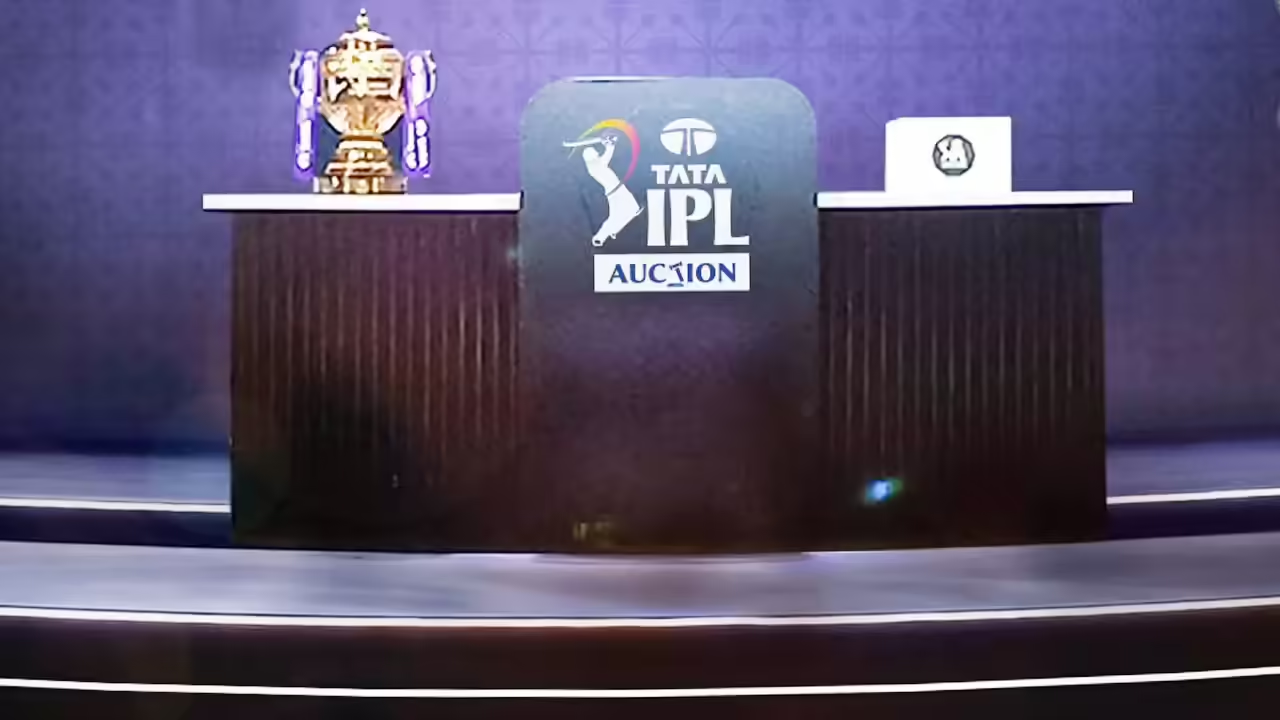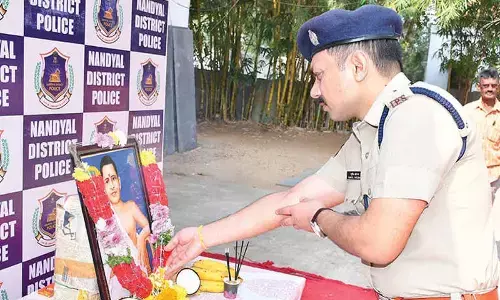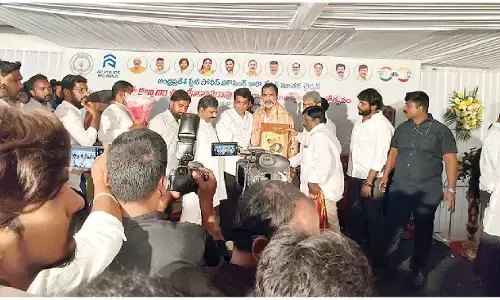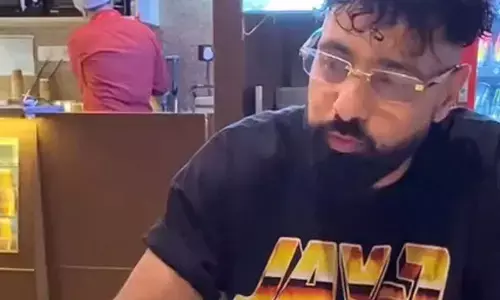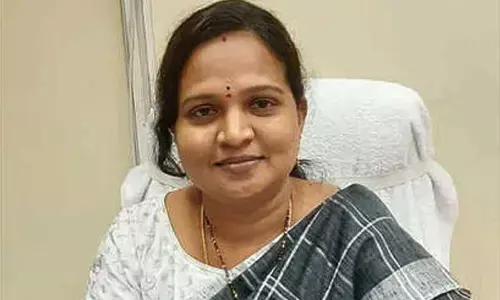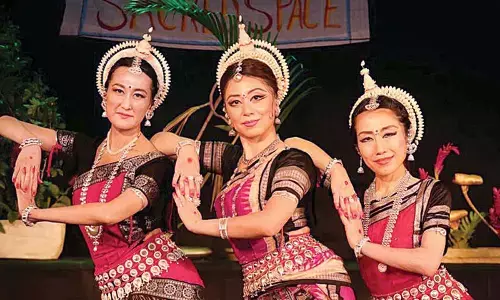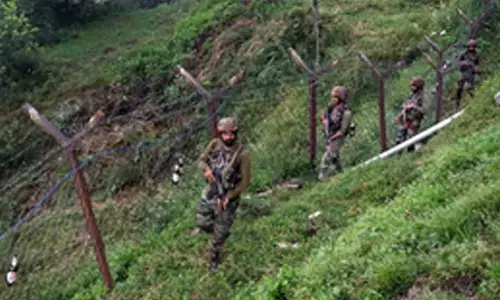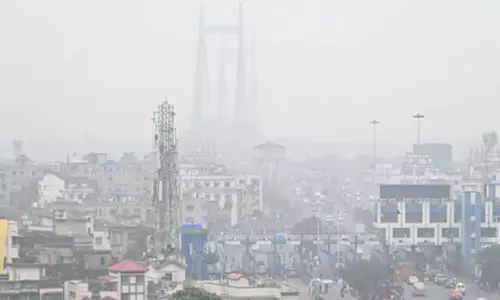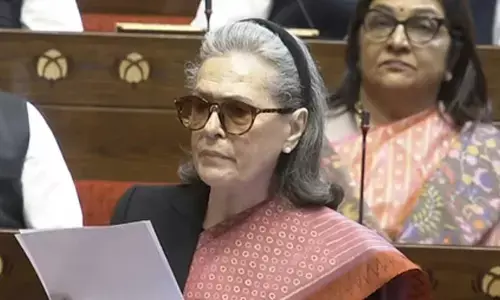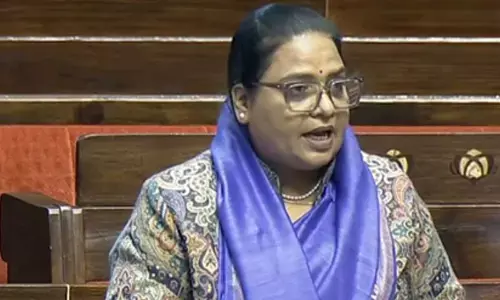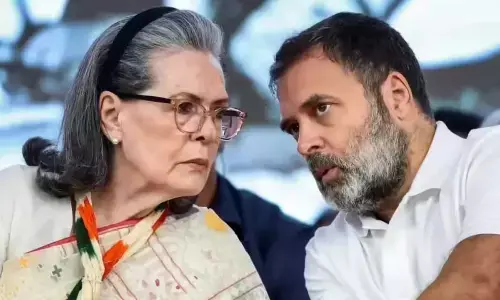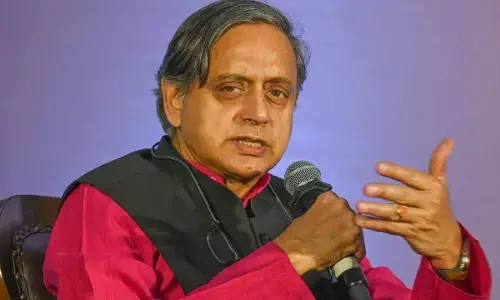The price of democracy is eternal vigilance
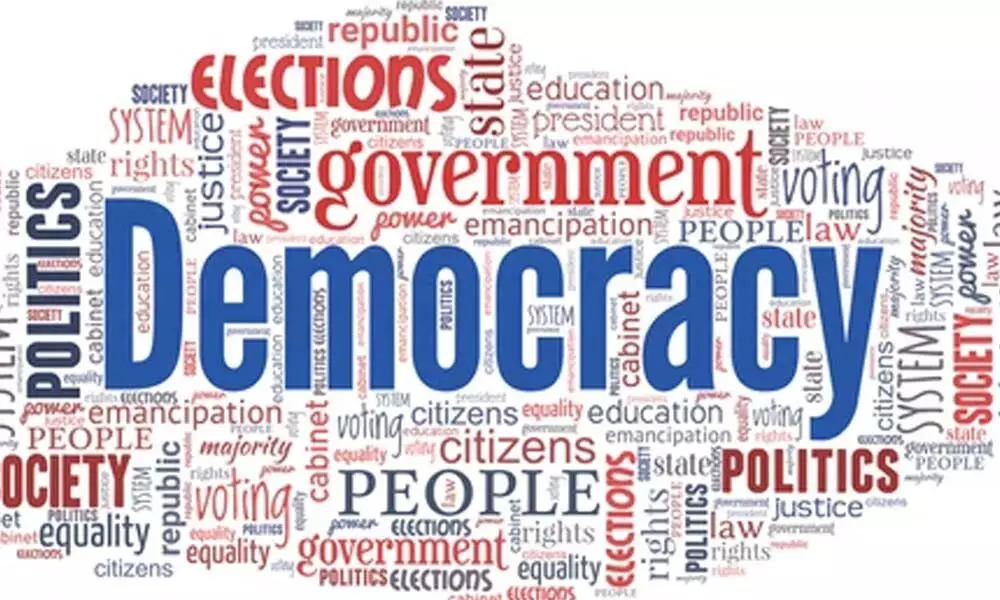
The price of democracy is eternal vigilance
Everyone seems to have taken the proposed Huzurabad elections very seriously unlike other constituencies
Everyone seems to have taken the proposed Huzurabad elections very seriously unlike other constituencies. All parties in the State are planning to win the elections by all means and taking all measures to defeat their opponents. It looks evident that there will be a triangular contest between the TRS, the BJP, and the Congress party. The Congress party appears to be of the opinion that if the votes are divided between the TRS and the BJP and, most likely, it will be an advantage to the Congress party.
The effect of padayatras will certainly make an impact on voters as we have seen the recent Graduate Constituency Election whe Dr Vangeepuram SreenathacharyTeenmaar Mallanna, the independent candidate, was able to make an observable influence on voters as he was in the second position after the TRS. Former Health Minister, Eatala Rajender's previous victories from Huzurabad as a TRS candidate and his close association and rapport with the voters is also an undeniable fact.
India is the largest democratic country in the world and elections play a crucial role in the proper functioning of any democracy. The Indian Constitution has entrusted the responsibility of the conduct of elections to the Election Commission. It is an onerous and heavy responsibility to conduct elections in India which is very divergent geographically, culturally, population-wise and area-wise. In this process, the Election Commission has to deal with various challenges.
Generally, the criticism that is often heard about the conduct of elections in India is about the electoral rolls, the functioning of election staff, and also corrupt practices in elections and election offenses. Allegations on election expenditure are also often heard. But the Indian Constitution has made legal provisions in "Representation of the People Act, 1951" and also in the Indian Penal Code to conduct elections transparently and honestly and has laid down certain principles and guidelines.
In addition to these, several Acts have been made to conduct elections smoothly, fairly, and harmoniously. Those who come in the way of conduct of elections shall be punished sternly under these acts. However, apart from the Election Commission, the civil society too has a great responsibility in conducting elections peacefully.
Keeping aside all the best practices of all the political parties for a while, to quote the great political philosopher Cyndi Lauper, "Money changes everything." And nowhere is that proverb more taken to heart than in elections, where a huge amount of money is raised and spent on the understanding that money is a crucial determining factor of whether or not a candidate will win. If elections are to be conducted properly without any hindrance, it must be ascertained that there are no corrupt practices and hurdles.
For this, the cooperation of the citizens is inevitably required. The first and foremost thing of all is that the citizens must be aware of all sorts of corrupt practices the contestants or political parties may resort to. In the words of Gandhiji, "Democratic culture is not extraneous, it is intrinsic." To keep the democracy and habituate to survive, every citizen has to inculcate democratic culture. Gandhiji also said that there is nothing bigger than a civilized and disciplined democracy.
To strengthen democracy, every citizen has to develop discipline and discharge one's responsibilities properly. To discharge responsibilities properly, a citizen should have minimum knowledge about prime issues in the election process. More particularly, one ought to know how to avoid irregularities and corrupt practices.
Of all the corrupt practices, the essential ones are offering a bribe, giving gifts or acceptance of gifts, preventing the voters from casting their votes, showing a dreadful impact on the voters, influencing the voters to cast their votes or not to cast their votes based on religion, caste, language, etc. inciting the voters with hatred among themselves on such grounds, encouraging social evils such as making false affidavits, arranging vehicles to transport voters to the polling stations, seeking the help of government employees, booth capturing, etc.
However, the pronouncement of a citizen-related policy, decision, or even a promise cannot be treated as 'corruption', so long as it does not interfere with the voters' right to vote.
The price of democracy is eternal vigilance. Democracy is not a mansion that is guarded only through acts and penal codes. It would be possible when all the citizens of the democratic country become partners. An adult who is eligible to vote is also a citizen! A voter should cooperate as much with the authorities in a similar manner he utilizes his vote fearlessly and impartially. Let us act upon to see that 'heaven of freedom' and let our country awake!
(The Writer is a Guinness world record holder in English, Journalism faculty, author, corporate trainer and life coach)








